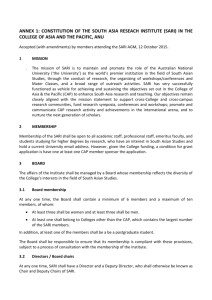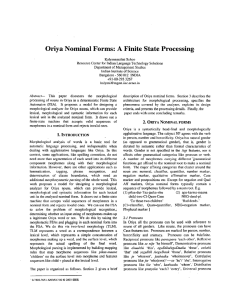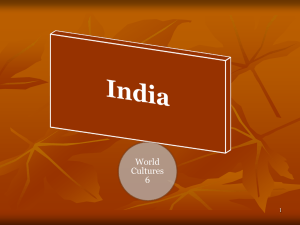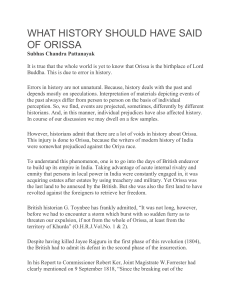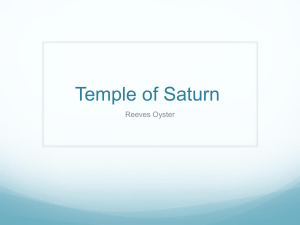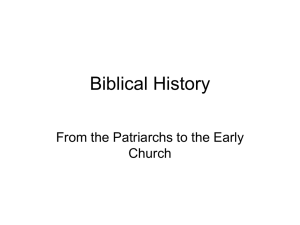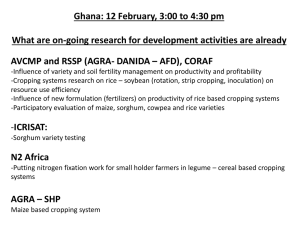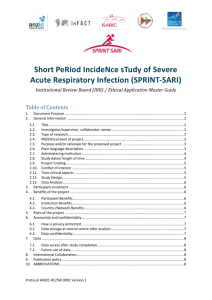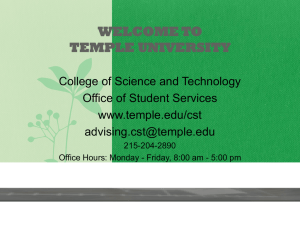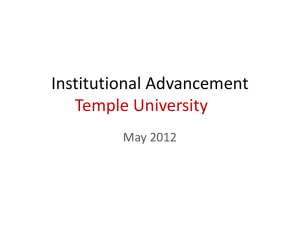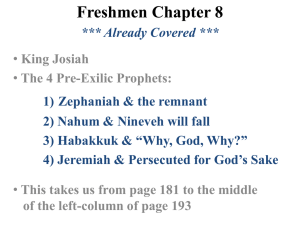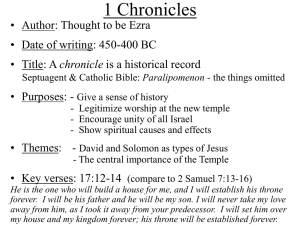Odisha - Tagore International School
advertisement
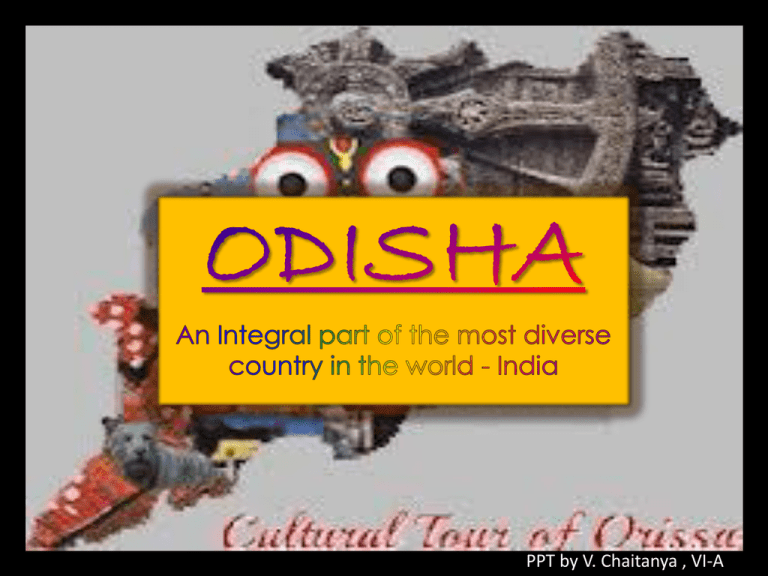
PPT by V. Chaitanya , VI-A Olive ridley turtle Gahirmatha wildlife sanctuary Mukteshwar Temple Parasurameshwar Temple Jagannath Temple Sun Temple Oriya literature is a mish-mash of ups and downs from it ancient glory to slumping down into almost non-entity. Sarala-dasa (Sidheswar Panda) of the 14th century was the first great poet of Oriya, who adapted the classic Mahabharata into simple Oriya. The Odia literature was distinctly religious in nature up to 1500 AD mainly covering poems with religion, gods and goddesses as the main theme. The next era, more commonly called the Jagannatha Dasa Period, stretches till the 1700 AD , typified by the compositions of Shri Chaitanya. Ramachandra Pattanayaka’s Haravali set the trend for the emergence of a new form of novel in verse during the beginning of the 17th century. The casting of the first Oriya printing typeset in 1836 is another landmark of this period. The two brothers, Ramashankara Ray and Gaurisankara Ray, were pioneers in drama, fiction and journalism. Visvanatha Kara and Nilamani Vidyaratna promoted Oriya literature through their magazines Orissa peoples food habits are simple and very tasty. Mudhi (Puffed rice) is taken in various combinations, Dalma and santula are two more dishes. Pakhala is another famous dish. Ghanta and posta curries are also very famous. Chennapoda of Nayagarh is so popular that it is even used in the place of a birthday cake to be cut and served. The popular desserts are Arisha and Kakara peetha. As Orissa is a coastal area, fish and prawns are also a part of the food habits of the people. The clothing of the people of Odisha is as simple as their food .The people prefer to wear traditional dresses like Dhoti, Kurtha and Gamucha during festivals or other religious occasions. Women normally prefer to wear the Saris(Sambalpuri Sari, Bomkai Sari, Kataki Sari) or the Shalwar kameez.

